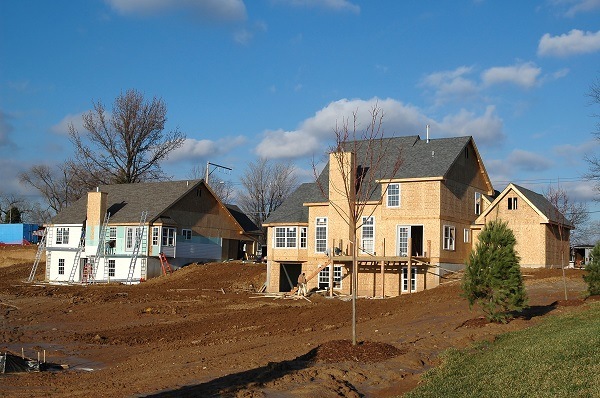In the second half of 2017, the California Courts of Appeal addressed the question of whether the ongoing operations limitation in additional insured endorsements preclude completed operations coverage. The cases in question, Pulte Home Corp. v. American Safety Indemnity Co., (2017) 14 Cal. App. 5th 1086, and McMillin Management Services v. Financial Pacific Ins. Co. (2017) 17 Cal. App. 5th 187, held that both the manuscript (American Safety) and the ISO Properties form (McMillin) ongoing operations endorsements did not preclude coverage for completed operations where some homes in a project were completed while the subcontractor continued to work on other homes during the policy period.
Both cases arise out of work at residential housing projects, wherein Pulte and McMillin were the General Contractors and Developers. Upon being sued for construction defects, Pulte and McMillin sued the subcontractors whose work was implicated in the plaintiffs’ claims. During the lawsuit, both Pulte and McMillin tendered their defense to the subcontractors, and the subcontractors’ carriers. The carriers at issue in these lawsuits declined to provide the Developers/General Contractors with a defense.
In Pulte, American Safety relied on its manuscript ongoing operations endorsement to claim that its coverage exposure is limited to the period of time in which an insured’s operations are actually ongoing on the project, and since the homes were sold as completed units, the ongoing operations of their insured had concluded long before the filing of the lawsuit. The Court held “the damage or occurrence might have occurred ‘while the subcontractor’s operations were ongoing but after the house had been sold to one of the plaintiffs. Pulte, supra, 14 Cal. App. 5th at 1113.
Similarly, in McMillin, the Court found that a similar provision, contained within the ISO Properties form 20 10 10 01, relied on by Lexington Insurance Co. to avoid accepting McMillin’s tender of defense should be interpreted similarly. In McMillin, the Court stated “The endorsements do not provide coverage solely for ‘liability … during the [subcontractors’] ‘ongoing operations’, but rather, broadly provide for coverage for liability ‘arising out of’ such operations. Thus, the fact that there were no homeowners in existence at the time the subcontractors completed their ongoing operations does not establish that McMillin could not have potential liability to the homeowners arising out of the subcontractors’ ongoing operations.” McMillin, supra, 17 Cal. App. 5th at 193.
These cases and their holdings already have and will continue to reshape the landscape of the defense of general contractors in construction defect actions as the ongoing operations endorsements can no longer bar coverage as an additional insured for completed operations. In our office, we have begun the process of working with general contractor clients to ensure that their contracts require the right types of endorsements, and encouraging them to get not only the ACCORD Certificate of Insurance, but also the additional insured endorsements from the policies in order to make sure that they are totally covered pursuant to their subcontracts. We have also worked with carriers who have previously denied coverage to our clients as additional insureds to revise their coverage determinations and get involved in cases.





